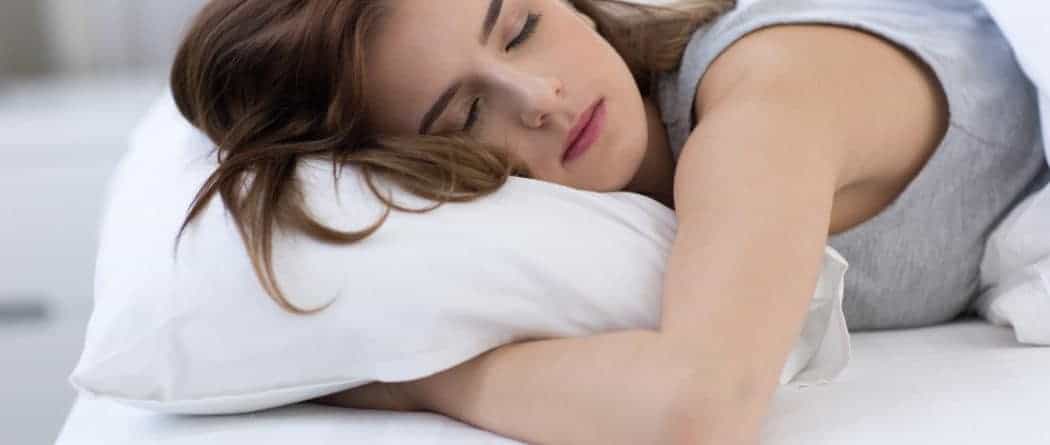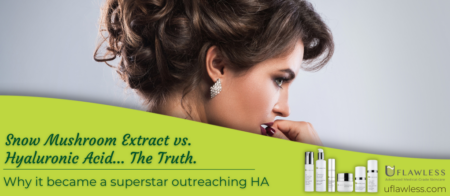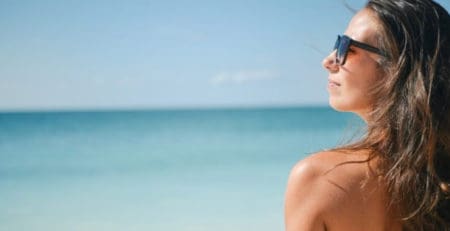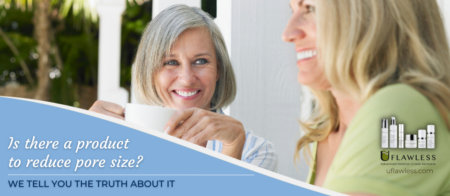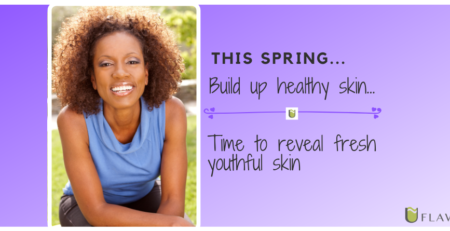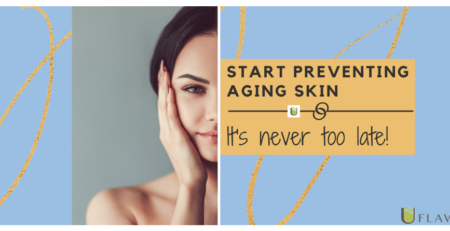Sleep Deprivation May Bring Side Effects To The Skin
We promoted a curious campaign recently internally in our office with around 20 people. The campaign was to pick one recent picture and a second one from ten years ago. And then, compare and check how we aged.
We asked everybody to describe what changed in the last ten years and how do people see themselves aging if they see anything positive and what could be better for the next decade.
95% of the people – 18 people out of 20, said that sleeping turned the main responsible for aging. The sleep deprivation happened due to:
- Adapting to new routines, newborn babies
- Other new responsibilities showed up bringing new concerns
- Middle-age concerns about the future. Household, marriage, family
When we analyze more deeply, what we have stress as the common denominator. And as we talk enough here about the Top 3 Factors of aging, probably some of you will remember:
1) Sun Exposure
2) Stress
3) Pollution
Stress may lead to sleep deprivation, promoting premature aging
If stress is keeping you up at night, remember that it takes a toll on aging for some specific reasons:
- Under eye bags – when we don’t sleep enough, eye fluids gather in the lower eye contour.
- Under Eye Dark Circles – We have very fragile capillaries in this area, which breaks turning this area darker, making us look tired.
- Adult Acne – Lack of sleep, influences the change of the pH balance of the skin. Setting the skin in an acidic environment causing the breakouts
- Skin disorders – Stress in many people lead signs of Itchiness, Eczema, and people with Psoriasis may feel a rush on the symptoms.
What Happens To Our Body When We Have Lack of Sleep
At night, while we sleep, all of our systems (hormones, blood circulation, digestion, internal tissues) recovers from the daily activities. It’s the time for balance, recharge to be ready for the next day.
If we are not sleeping enough, we are not allowing the systems to fully recover, causing damage to the cells or oxidation of the cells, also known as Free Radicals.
The same thing happens with our skin. The rejuvenation process happens at nighttime while sleeping, precisely when we reach the deep levels of sleep.
For the body to be able to do the job on the skin, we have to spend enough time on this stage. The time is about 15% of the total time asleep.
How Many Hours of Sleep Is Ideal For The Skin?
It depends on each. The majority of people feel great after sleeping six hours or even five hours. Others feel bad. More important than that is the quality of sleep. The vast majority of people with seven to eight hours feel entirely refreshed.
The quickest and most comfortable we get into the deep stage of sleep the better. Studies reveal that people who prepare to rest, meaning that have a “ritual” for sleep, are healthier just because they sleep better.
It’s like having a sleeping beauty formula for better skin
The recipe is basically following a regularity regarding the time to go to bed. Around the same time. And the preparation starts one hour before:
- Light Meals at dinner time. At night, we might sleep, but our digestion system is working hard, so instead of resting, the body is still very active
- Turning off all the screens. That includes TV, Smartphone, computer. Take advantage of this time to catch up with your partner, listen to some calm music in the background with some scent candles or incense proper for sleeping time. It’s time to clear your mind.
- Prepare a warm drink, like a herbal tea (chamomile, lavender lemongrass). Caffeine-free.
- If you are a fan of meditation, as I am, there’s nothing better than a 10-minute meditation, for complete relaxation of the body. And even if you fall sleeping, that’s good too!
The Correlation Between Skin, Hormones, and Sleep
Along the hours of sleep, the body releases some hormones that flow through the blood, delivering the benefits to the skin.
The first hormone released is the Human Growth Hormone (HGH). It’s a relevant hormone responsible for the youthful, glowing skin as it acts directly on the damaged cells induced by the aging process.
Another hormone that is triggered during sleep is Melatonin. This hormone regulates the sleeping process when triggered two things happen.
First maintaining the body still, calm and asleep for long periods.
Second, it’s a powerful antioxidant, which protects the skin from free-radicals (cells to break out due to oxidative cells.
The third hormone is not released. It’s reduced, stimulated by the sleeping stages. It’s the cortisol, aka stress hormone.
When the level of this hormone decreases in the body, all the muscles are completely relaxed, supporting the rejuvenation process to complete the full service on our skin.
Sleeping for better Collagen Production
We probably don’t feel that but, when we don’t sleep, stress implied directly through the body.
If that happens frequently, it starts to turn into chronic stress and all the hormones we talked about, gets unbalanced.
Collagen production is compromised, and when that happens, the plumpness of the skin goes down.
Aging signs turn more evident, less glowing and then guess what? More stress to manage… We don’t want that.
We have to do something to break the vicious cycle and bring in new healthy habits immediately.
It’s easy, just stop, breathe, start committing with one new habit every week.
Turning off the TV for instance, or going to bed early, and then during the following weeks, increase more habits.
If it doesn’t work on the first day, no worries, it takes time to develop a new habit. Keep doing it.
Should I Compromise My Career For My Skin?
Absolutely not, we know you always been an overachiever, so why not being an overachiever also in the beauty category?
If that is one of your New Years Resolution, we encourage you to aim for one more hour of sleep every night. Then after a month let us know how you feel and what other healthy tips can you share for the benefit of everybody?


